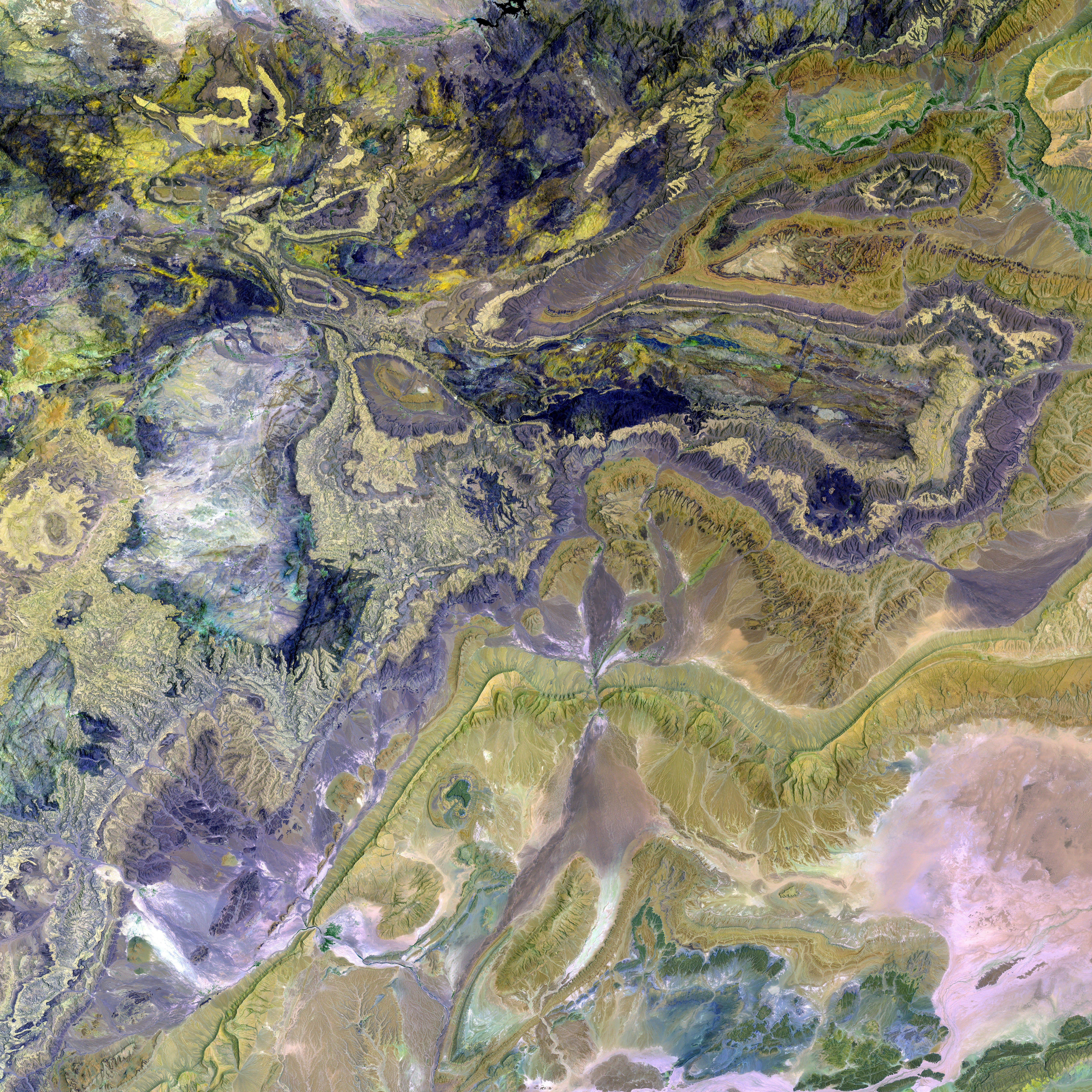"The act committed in La Grand-Combe's mosque can be suitably labeled as an Islamophobic or hate crime against Muslims"
Hear Me Out: The Horrifying Assassination in La Grand-Combe's Mosque
On April 25th, a chilling tragedy unfolded in the mosque of La Grand-Combe, Gard. An ordinary Muslim citizen, Aboubakar Cissé, fell victim to a heinous act that could just as easily have targeted any other member of the Muslim community. The devastating incident left an indelible mark on society, with its profound impact resonating far and wide. The heartless perpetrator, who filmed the abhorrent events, exhibited virulent anti-Muslim sentiments, suggesting a deliberate intent to disseminate this hate-fueled message on a grand scale. Given the available information, this act of violence can be rightfully deemed as an Islamophobic or anti-Muslim killing.
Want to learn more? Check out our exclusive subscriber-only article, Assassination of Aboubakar Cissé: A Madison Avenue Psychoanalysis.
At the heart of this tragedy, intellectual honesty demands we confront crucial questions about the ominous climate of suspicion and prejudice that has come to shape the perception of Muslims in society. Questions like, to what extent was this senseless violence foreseeable, taking into account the author's personal circumstances yet to be fully unveiled? And, what do recurring debates surrounding the term "Islamophobia" reveal, both before and after this murder in the Gard?
For well over a decade, particularly since the January and November 2015 attacks, and even more so since President Macron's inflammatory speech in Les Mureaux (2020), the government's focus has expanded beyond jihadists and troublemakers masquerading as Muslims. Now, the spotlight also shines on what are dubbed "visible" or "conservative" Muslims and associative leaders who sometimes offer constructive criticism of institutions and policies, viewing them through an identitarian lens. The veil remains a persistent target of high-ranking officials, subjected to relentless stigmatization.
Here's a sneak peek of what our subscribers get to delve deeper: - President Emmanuel Macron's speech in Les Mureaux, Yvelines, on October 2, 2020, addressed combating "Islamist separatism" in France, intensifying efforts to combat radical Islam and promote integration by advocating Republican values[2]. However, some argue that Macron's assertions contributed to increased tensions between the French state and Muslim communities[1]. - Debates surrounding Islamophobia are often marked by contention due to differing understandings of its implications on free speech and religious critique[1]. In France, discussions about Islam and its integration into society are frequently intertwined with debates about secularism, republican values, and the right to critique religion without inciting hatred[1].
With the real facts about Aboubakar Cissé's assassination still pending, it's crucial to examine this vicious act within a wider context of heightened tensions around Islam and extremism in France, influenced by political discourses such as Macron's stern stance on combating separatism[3]. While a direct link between the incident and these broader societal dynamics remains elusive, it's essential to thoroughly explore all relevant factors in order to gain a more comprehensive understanding of this tragedy.
Footnote:[1] The Guardian. (2023, March 26). Aboubakar Cissé murder: what we know so far. Retrieved March 28, 2023.[2] La Croix. (2022, June 6). Speech in Les Mureaux: A summary and explanation of Macron's discourse on 'Islamist separatism'. Retrieved March 28, 2023.[3] Le Monde. (2023, March 25). Enquête interne sur l’assassinat d’Aboubakar Cissé à La Grand-Combe. [Enquiry into the assassination of Aboubakar Cissé in La Grand-Combe]. Retrieved March 28, 2023.
- The assassination of Aboubakar Cissé in La Grand-Combe's Mosque, an Islamophobic act, reveals a troubling climate of suspicion and prejudice towards Muslims in society.
- The heartless assassin, exhibiting virulent anti-Muslim sentiments, suggests that this tragedy could have been a warning sign of foreseeable violence against Muslims in France.
- The Quebec-based general news outlet, Les Presses de la Cité, delves deeper into the Assassination of Aboubakar Cissé, exploring the relationship between the incident and broader societal tensions around Islam and extremism.
- Debates over Islamophobia in crime-and-justice sections of general news like Le Monde or Le Figaro have become increasingly contentious, as they grapple with the implications of free speech and religious critique on the Muslim community in France.






